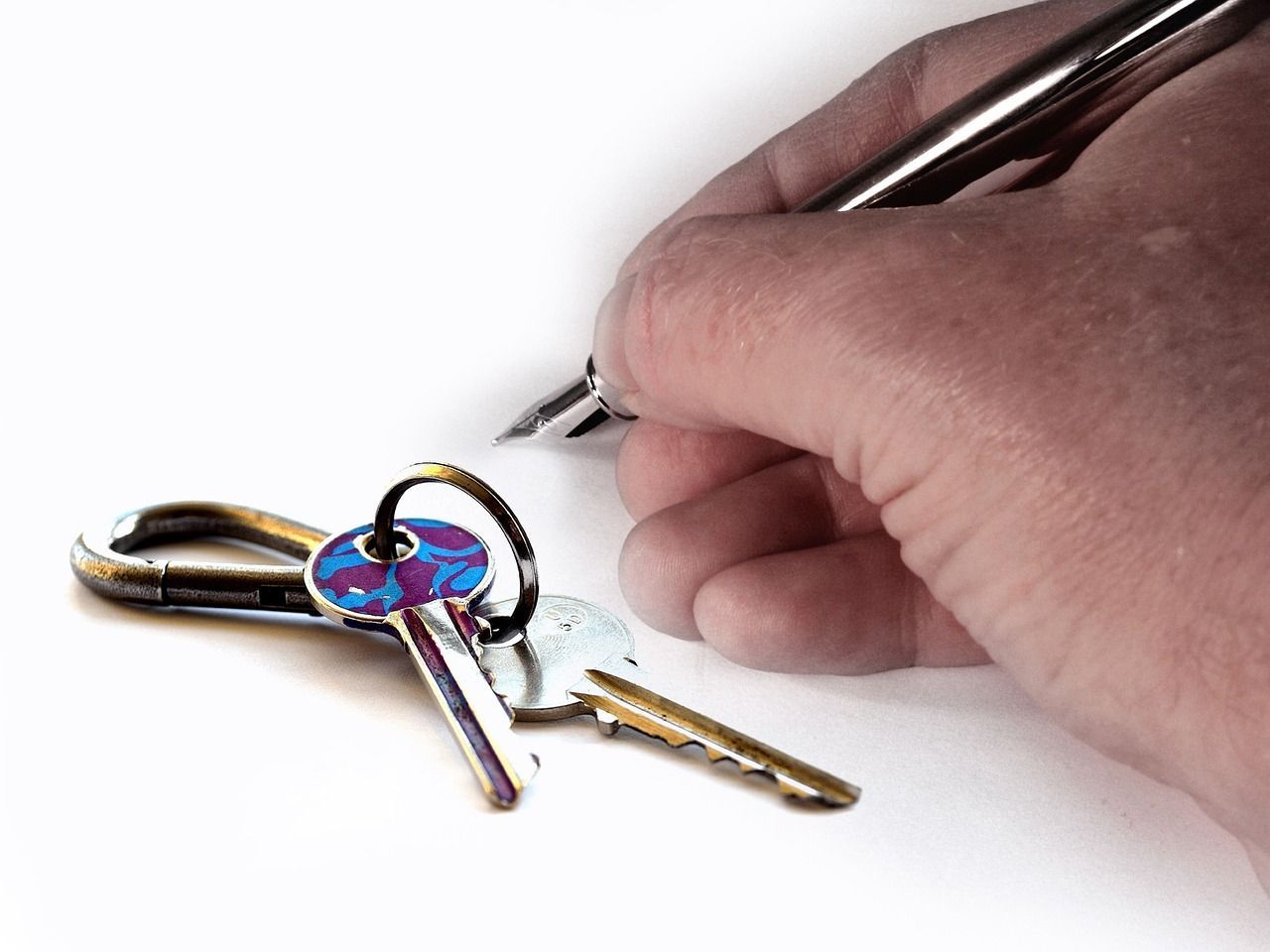

Negative cash flow occurs when the income generated from investment property, typically through rent, is insufficient to cover the associated expenses. These expenses include mortgage payments, property maintenance, taxes, and other costs. Managing this situation requires careful financial planning and, in some cases, relying on additional income sources to cover the shortfall.
Reasons for Negative Cash Flow
Inability to Attract Reliable Tenants
A significant factor contributing to an investment property’s negative cash flow is the challenge of attracting tenants who consistently pay on time, adhere to rules, and renew leases. This not only impacts immediate cash flow but can also lead to additional expenses associated with litigation.
Listing Unprepared Properties
Failing to adequately prepare rental properties before listing can significantly contribute to negative cash flow. Visible issues like shabby walls, landscaping problems, or bathroom/ kitchen issues are more likely to deter prospective tenants. Property owners who overlook necessary repairs or enhancements may attract tenants who, in turn, are less likely to pay premium rents or renew leases. The result is increased vacancy periods, higher turnover costs, and potential damage to the property, all of which collectively undermine the financial stability of the investment.
Overpaying for the Property
Purchasing a property for more than its value is another cause of negative cash flow. The financial strain intensifies as property owners compromise on essential repairs and maintenance to offset the initial overpayment. To avoid negative cash flow stemming from overpaying, property owners must conduct thorough market analyses, seek independent appraisals, and carefully assess a property's true value before investing.
High Turnover
Frequent tenant turnover leads to increased vacancy periods, during which the property generates no rental income. This results in a loss of potential revenue; coupled with the cost of finding new tenants, such as advertising, background checks, and property showings, creates financial strain. The continuous cycle of attracting and onboarding new tenants, along with the associated costs and potential property damage, can lead to negative cash flow.
How To Increase Cash Flow
Minimize Maintenance Costs
Initiate regular preventive maintenance activities to prevent costly repairs. When hiring contractors, prioritize quality, opting for professionals known for top-notch work. Additionally, conduct thorough background checks to secure trustworthy and responsible tenants with a positive track record, reducing the likelihood of property damage.
Foster Tenant Satisfaction for Retention
Satisfied tenants are more likely to renew leases, reducing vacancy periods and the associated turnover costs. Further, they are more likely to treat the property with care, reducing the risk of property damage and lowering maintenance expenses.
Strategically Adjust Rental Rates
Maximize your rental revenue through strategic adjustments to rent prices in accordance with local laws and market trends. Maintaining waitlists, networking within the community, and working with a reputed property management company can help quickly fill any vacancies that are encountered.
For information on strategies for improving the cash flow of your investment property or to explore our property management services, visit Hunter Rentals & Sales, located at 1503 W Stan Schlueter Loop, Killeen, TX 76549, United States, or call (254)634-3311. You can also browse at
www.hunterrentals.com

